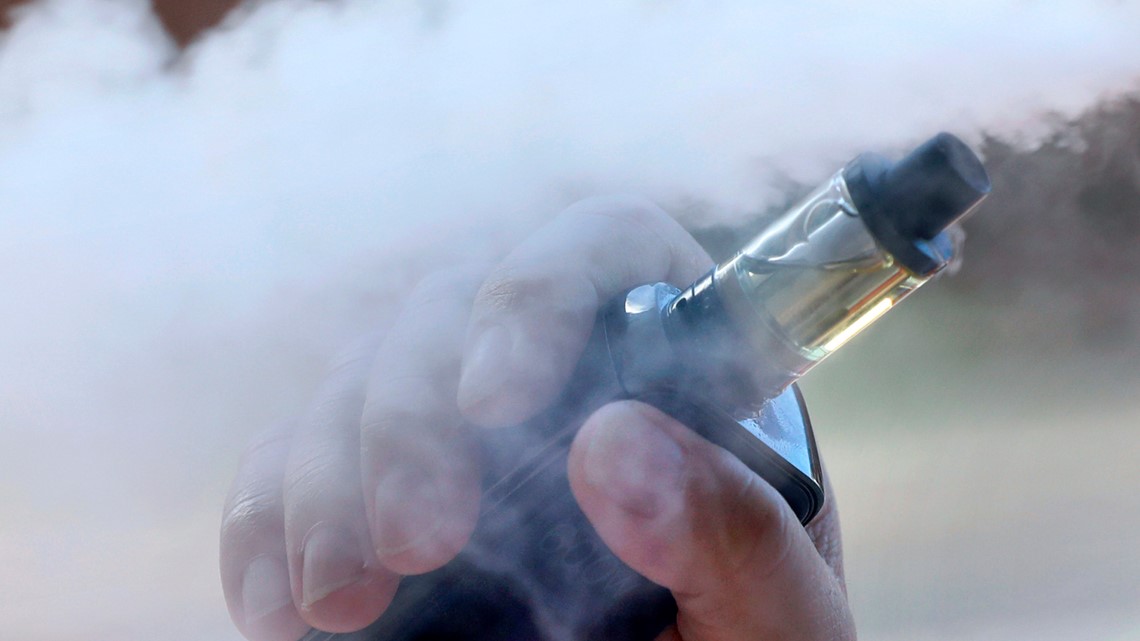Teen survives double-lung transplant after vaping illness
Daniel Ament remembers going to the hospital, then he woke up a month later with a giant scar wrapped around his body.
Author: Dale Greenstein (WTSP)
Published: 12:10 PM EST February 7, 2020
Updated: 12:10 PM EST February 7, 2020
GROSSE POINTE, Mich. — He used to be a runner. Then, after an knee injury, Daniel Ament’s competitive spirit slowed down – and he began vaping.
...
But his mother knows all too well it can be incredibly tough to kick the habit.
Tammy Ament told CBS News her other son – Daniel’s twin brother – still vapes every day and says he just can’t stop
Daniel Ament remembers going to the hospital, then he woke up a month later with a giant scar wrapped around his body.
Author: Dale Greenstein (WTSP)
Published: 12:10 PM EST February 7, 2020
Updated: 12:10 PM EST February 7, 2020
GROSSE POINTE, Mich. — He used to be a runner. Then, after an knee injury, Daniel Ament’s competitive spirit slowed down – and he began vaping.
...
But his mother knows all too well it can be incredibly tough to kick the habit.
Tammy Ament told CBS News her other son – Daniel’s twin brother – still vapes every day and says he just can’t stop





Leave a comment: